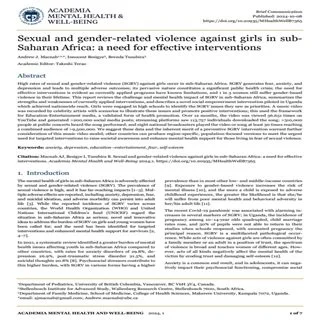By The Anti-Defamation League
The attacks on October 7, 2023, and their aftermath have profoundly reshaped Jewish American life. This joint report by the Anti-Defamation League (ADL) and Jewish Federations of North America draws on two large, nationally representative surveys of Jewish Americans conducted earlier this year to illustrate the complex dynamics affecting them. The findings highlight both the widespread effects of antisemitism and the remarkable resilience of Jewish communities.
Key Findings
Over half of Jewish Americans (55%) report experiencing some form of antisemitism in the past year.79% of all respondents are concerned about antisemitism.
Nearly one in five (18%) were either the victim of an assault, experienced threat of physical attack, or experienced verbal harassment due to their Jewish identity in the past year, while over one-third (36%) witnessed actual or threatened antisemitic violence.
Jewish Americans experienced antisemitism in many contexts, with the most common ones including online, public spaces, the workplace, and educational institutions.
Safety concerns are widespread among American Jews; over 50% are somewhat, very or always worried about personal safety, one-third have discussed with others what they would do in a “worst case” scenario, and 14% have developed a plan should they need to flee the country due to rising antisemitism. These rates are significantly higher for those that experienced direct antisemitic harm.
Jewish-Americans who experienced direct antisemitic harm or witnessed antisemitic acts within the past 12 months exhibited higher rates of symptoms used to screen for anxiety and depression.
One in five Jews who wore something distinctively Jewish before October 7 have since taken it off.
American Jews showed great resilience, with 84% of those who were directly harmed in the past year making some positive change because of the antisemitism they experienced.
What Jewish Federations terms “the Surge” - a marked increase in Jewish engagement - continues, though at slightly lower levels than in 2024, with nearly one-third of Jews reporting increased participation in Jewish life.
New York: ADL, 2025



